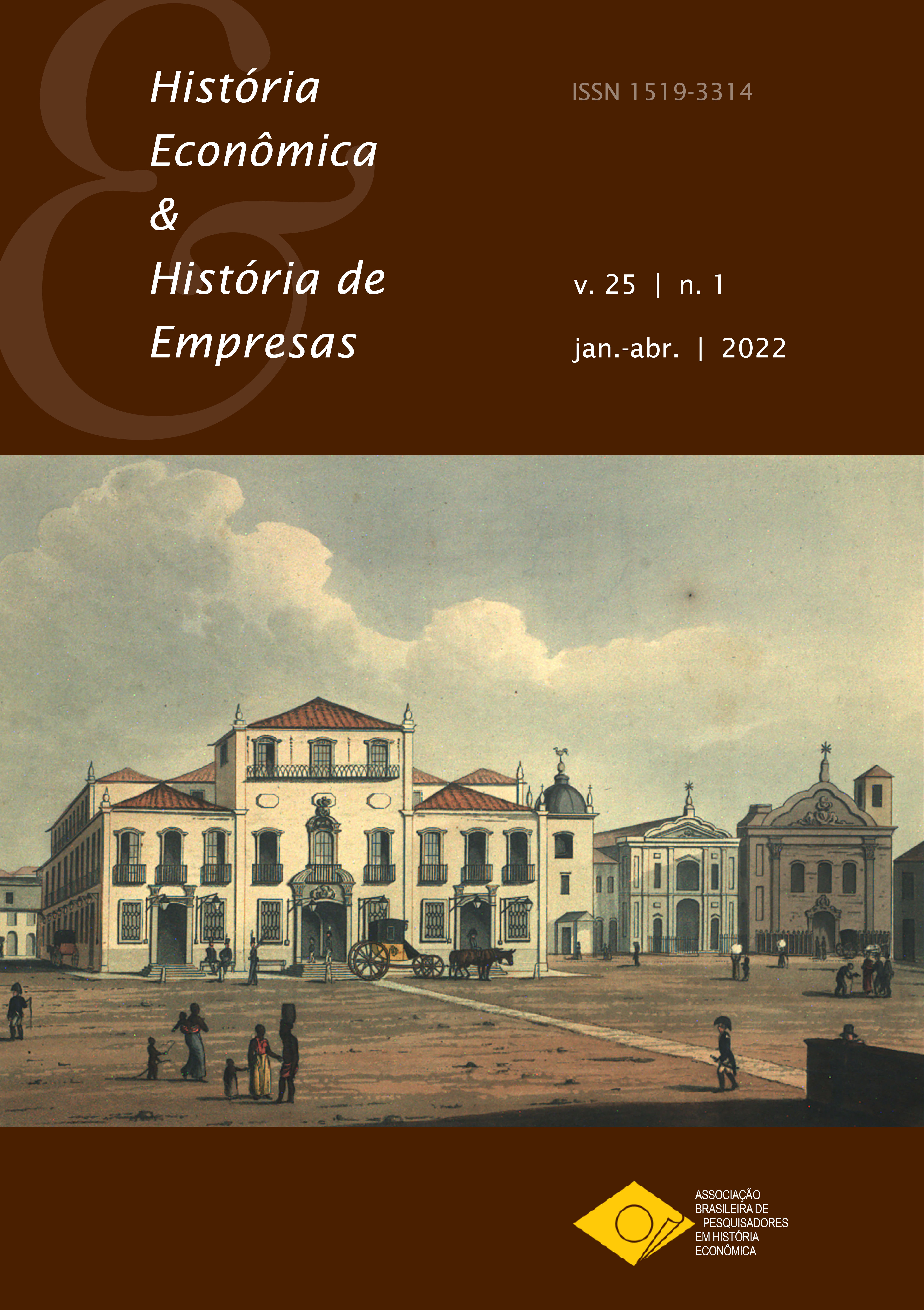All that has value becomes a voucher: credit circulation and economy in the Brazilian independence years
DOI:
https://doi.org/10.29182/hehe.v25i1.870Abstract
This paper draws a picture of the credit market in Rio de Janeiro – the most prominent commercial city in the Atlantic – during Brazilian Independence from Portugal. The paper’s primary focus lies in investigating non-institutional and private credit operations. Such transactions sustained a robust domestic market that, albeit already in existence, was sharply strengthened in 1808 when the Portuguese Royal Family moved to the city and King D. João VI lifted colonial commercial restrictions, opening the country’s economies to the global markets without metropolitan barriers. The shift urbanization of Rio expanded the demand for food supplies and basic necessities, resulting in a noticeable increase in commercial activities. Non-institutional credit transactions secured by private were the bedrock for such an economic boom.
Downloads
Downloads
Published
How to Cite
Issue
Section
License
Os autores mantêm os direitos autorais sobre o trabalho, concedendo à revista apenas o direito de sua primeira publicação. Além disso, têm autorização para assumir contratos adicionais separadamente para a versão do trabalho publicada nesta revista, desde que reconhecida a publicação inicial neste periódico.





